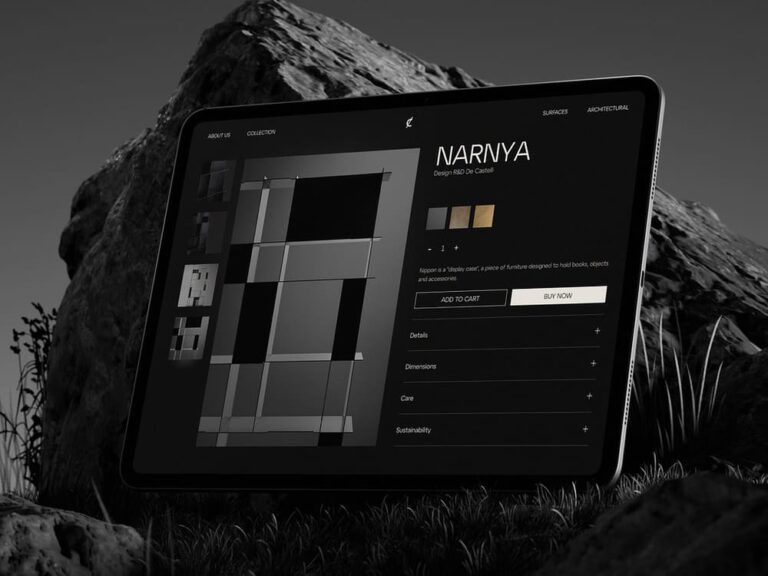- Business Identification Number (NIB)
- Tourism License (TDUP) (for hospitality businesses)
- Environmental permits (AMDAL) (if applicable)
Once the necessary permits are in place, the next step is registering for a Taxpayer Identification Number (NPWP) and opening a corporate bank account in Indonesia.
- Corporate Income Tax (22%) – Applied to net profits for PT PMA.
- Value Added Tax (VAT) (11%) – Applied to most goods and services.
- Payroll Taxes – Required for businesses employing staff, including contributions to BPJS (social security and healthcare).
Additionally, companies must submit annual financial reports to the Indonesian Tax Office (DJP). Non-compliance can result in fines or even business closure. It is highly recommended to work with a local accountant or tax consultant to ensure compliance.










